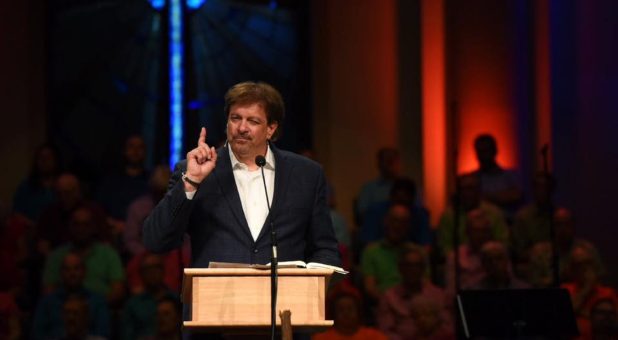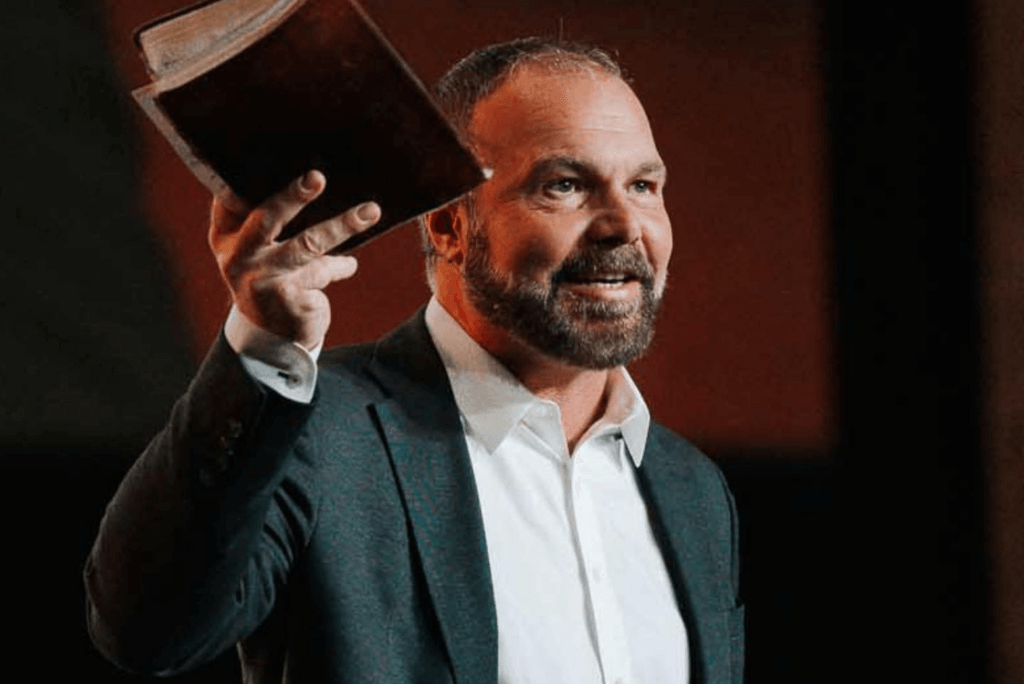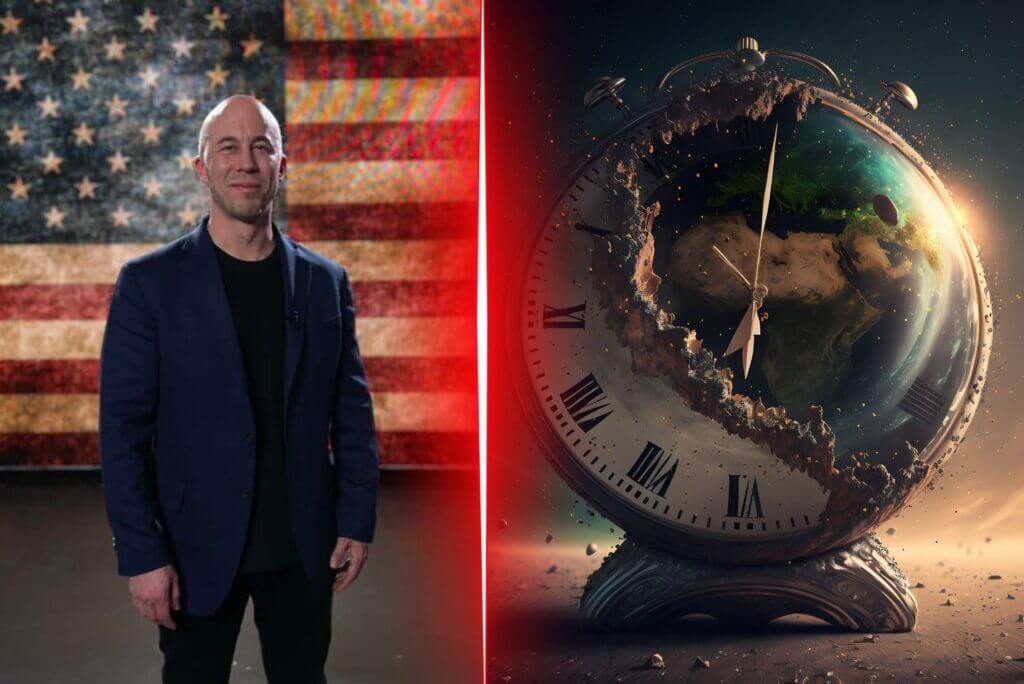Dr. Tim Clinton believes mental health is the greatest challenge facing the church today. Clinton is the executive director of the James Dobson Family Institute (JDFI) and president of the American Association of Christian Counselors (AACC), the largest Christian counseling association in the world.
Clinton believes mental health is at the root of many of the most important political and cultural issues facing the United States today.
“Mental health is political,” Clinton told Charisma News. “There’s a context for why I say this. It touches everything when you think about it. … A lot of homeless people struggle with mental health issues. The gun control debate—[from] school shootings to whether or not they’re going to grant you an opportunity to get a gun.”
Clinton also mentioned depression and suicide rates, the opioid crisis, PTSD among veterans, abuse and even mental health problems among the LGBTQ community as further proof of the significance of mental health. He points to research that demonstrates the power of attachment theory—that good relationships can restore mental health, while negative relationships or isolation can have destructive impacts on mental health.
“If we believe that relationships can be transformative, … think of the implications for us as Christians just for a second,” Clinton says. “If you believe you can have a meaningful relationship with God, what could it do for you? It can be transformative. If you believe God loves you, you think that could affect you? That’s the beauty out of all of what’s happening in mental health.”
He says he is heartened by the fact that therapy, conversations around mental health and even some forms of medication are becoming less stigmatized, both in the church and in the general public. He also noted that he believes God can use therapy and medication to treat mental health just as effectively as a miracle—and that it does not reflect poorly on someone’s faith to use those methods.
“God does do miracles,” Clinton says. “I think He’s still in that business. It’s amazing to see people witness and experience the power of prayer and change. I do think that tends to be a little bit more the exception than the rule. Some of us, for example, often journey the other way. Some of our healing that God brings to us may be through a doctor. God’s still bringing healing to you—he’s just using Dr. Jimmy or Dr. Ben in the process. And that’s your answer [to prayer].”
Clinton says that though some people may be overmedicated or have the wrong medication, medicine is just another tool that God can use to bring healing.
“There are a lot of people out there who can benefit from medicine,” he says. “They may have biological issues or emotional issues, where they’ve gotten so lost in the chaos of their own mind that they need a clear head. Some medicines are really good. They’re not highly addictive—although we know there are addictive medications and we have to be aware of that and sensitive to it. But some medications can actually clear up the fog, so I can think more clearly and make good decisions. The brain is an organ. … It’s like treating diabetes or anything else. If I’ve got a biologically based depression, I need to do something. … It does not minimize the power of God at all.”
Still, Clinton insists that the most powerful healing comes not from medication, but from human relationships. He recalls a mentor who told him: “Tim, medicine really can help a lot of people. It’s what I do in my life. It’s radical what it can do. But there’s one thing medicine can’t do. Medicine can’t give you hope. Hope comes from a person. Hope comes in the lives of people who come alongside you.”
“I think it’s an amazing day where the conversation is moving to talk more openly about the challenges of everyday life,” Clinton says. “And because we’re doing it, I think there’s a lot more hope being dispensed in the lives of people. The church needs to be the same. Larry Crabb used to say this: ‘The church needs to be the safest place on Earth. We’ve got to be the place where people can go there and find help and hope.'”
And if they can’t find hope, love and support from the church, Clinton says we may lose our chance to reach them: “I think people then would look for help and hope somewhere else. They’ll go right out the back door as fast as they came in the front door, believing that God can’t help them. And there’s nothing further from the truth.”
See an error in this article?
To contact us or to submit an article





















